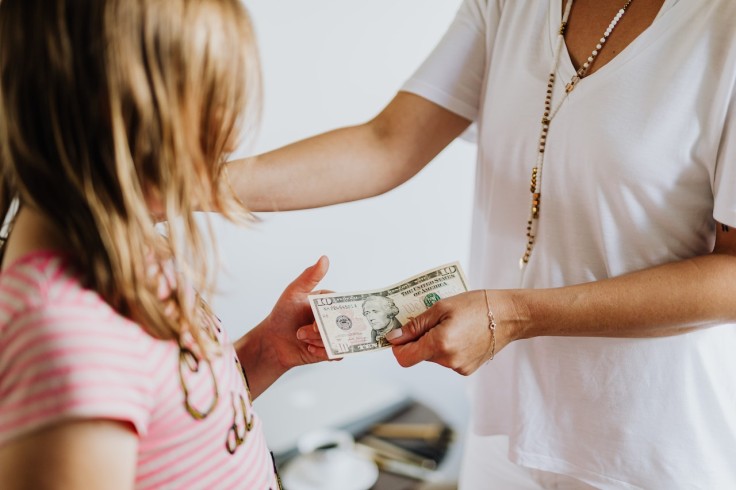
The current economy is not a lifetime sentence to economic doom, but parents are encouraged to set their children up as early as now for financial stability by teaching them healthy financial habits, a financial advisor says.
A recent study from the McKinsey & Company consulting firm found that young American adults with ages 18 to 24 have high rates of mental health problems, obstacles to effective work, and anxieties about the future.
The study further revealed that half of the "Gen-Zers" feel that they have unstable salaries, and because of this might not be able to buy themselves a house or retire comfortably. They even expect financial instability all their lives.
Thus, a financial advisor urged parents to start their kids early in teaching them the importance of financial stability, and letting them practice healthy financial habits that they can make their lifestyle as they grow up into adulthood.
How to start building healthy financial habits
Danielle Byrd Thompson, a financial advisor with TPS Financial, encouraged parents to start with the following suggestions to motivate their kids to save and know the value of money asap.
Open a savings account for the kids and teach them to deposit and save first and foremost before spending their money elsewhere. They can start putting in 20 percent of their allowance, salary from summer job, birthday or other special event money.
Open a 529 to start saving for the children's education to ensure that they will not be "strapped" with student loans in the future, in case something happens and parents are suddenly not capable of providing for them anymore.
Consider opening a "Uniform Gift to Minors Account," which is a great investment vehicle for kids.
"These types of accounts can be transferred to minors foregoing a trust, or any formal features of transferring assets. By doing this, your child has an investment portfolio and access to capital for the rest of their life," explained Thompson to ABC7 News.
Further, he informed parents that these accounts aren't and shouldn't be taxed when given to the kids.
Read Also: Learning the Value of Money: Teaching Kids to Save Money
'Use real-life experiences'
At what age can parents start educating kids about the value of money and the importance of savings?
Children at the early age of six are ready to learn about money and financial habits, as by this age, it is assumed that they already know how to add and subtract, and are old enough to follow and do small chores.
Parents can use real-life experiences to teach their young kids healthy financial habits, according to Duncan Financial Group.
Allow them to create their own budget for back-to-school clothes and supplies.
Give them a piggy bank and be intentional in putting a portion of their birthday or allowance money into it.
Let them save up for something they want or need. This way they will learn about delayed gratification, which is important in adulthood.
Encourage the kids to give back to the community by donating their own money or part of their savings or volunteering.
Allow the children to make their own decisions with their money. Give them learning opportunities from their mistakes.
Introduce them to paying bills. Children need to know that leaving the lights on unnecessarily or leaving the faucet unattended is a waste of money.
Get them used to working and earning their own money.They need to know that in the real world, there is no such thing as a "free lunch."
Related Article: Investments Can Be for Kids Too! Here Are Ways to Teach Your Kids to Start Early